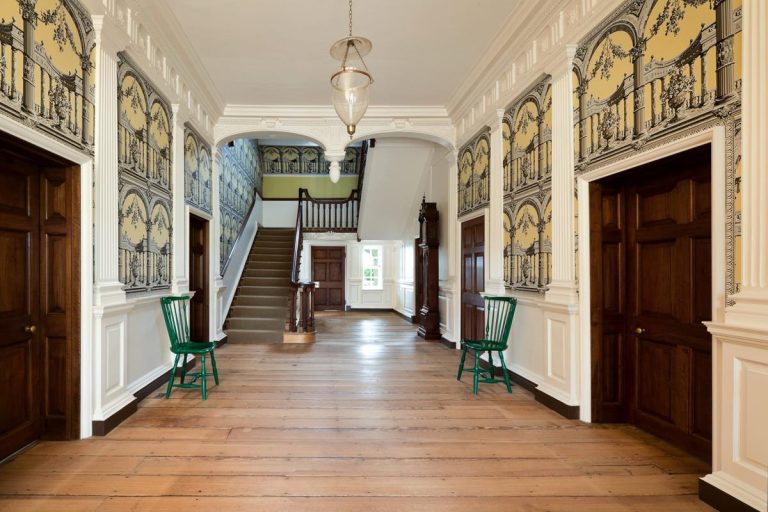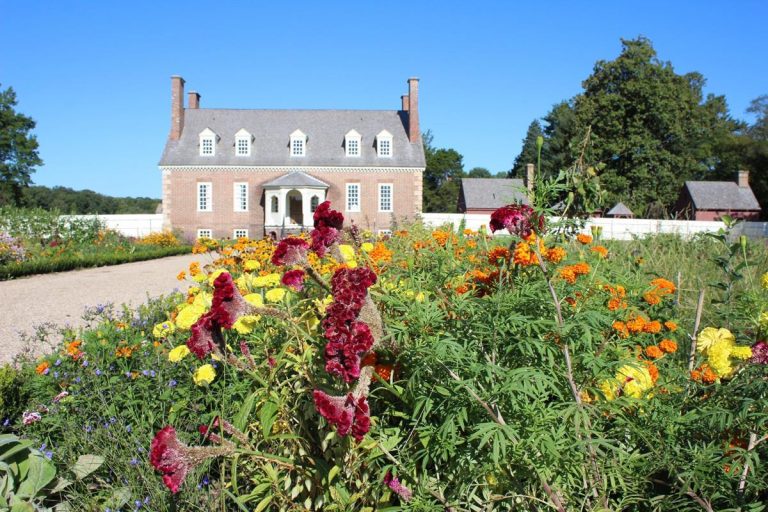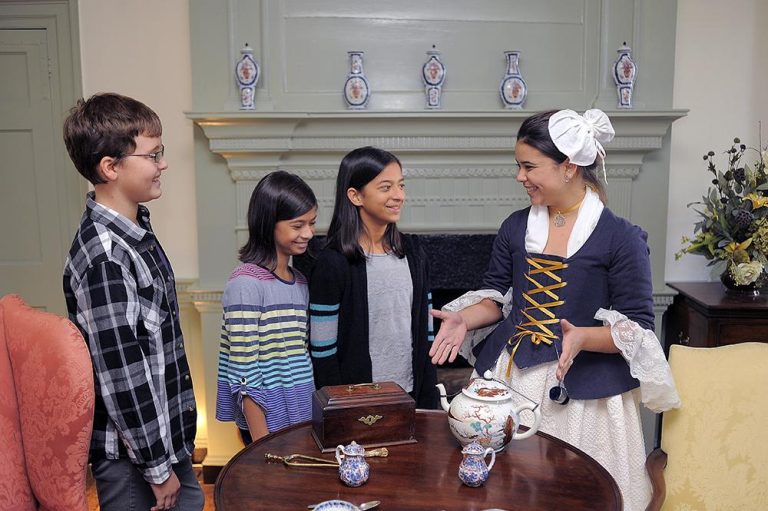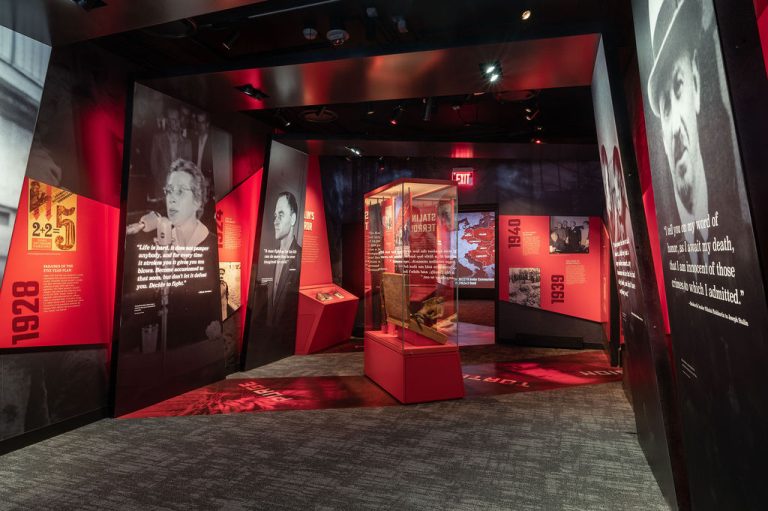The 18th-century plantation is not just a historical site but a living, breathing experience that brings Virginia’s colonial and revolutionary past to life. The specially designed educational programs immerse students in George Mason’s world, allowing them to explore daily life, politics, and the complexities of that era. Through hands-on activities and guided tours, students learn about liberty, slavery, and the birth of American democracy, gaining insights into the contradictions and challenges of early American life.
Gunston Hall offers a variety of immersive educational experiences with programs that engage students with the life of George Mason and the complexities of colonial society. Whether it’s exploring how Mason’s ideas about individual liberties shaped the Virginia Declaration of Rights or understanding the roles of enslaved individuals and marginalized groups at the time, there’s something for everyone.
Programs at Gunston Hall are tailored to different age levels, from elementary students to high schoolers. Younger students participate in hands-on activities, such as comparing life in colonial times with modern-day experiences and playing 18th-century games. For older students, the programs deepen in complexity, involving the examination of historical artifacts and primary sources. Middle and high school students grapple with themes of governance, rights, and social inequalities, with discussions centered on Mason’s advocacy for individual rights and the limits of those protections in his era.
The learning experience goes beyond static exhibits, integrating interactive elements that challenge students to consider the nuances of life on the plantation, including the contributions of indentured workers and enslaved people. This approach promotes a deeper understanding of early American society’s structure, emphasizing the importance of civic awareness and historical reflection.
Both in-person and virtual options are available, making Gunston Hall accessible to a broader range of students. These programs foster critical thinking, encouraging participants to connect historical events to present-day conversations about democracy and human rights, cultivating a more nuanced understanding of American history and its legacy today.






